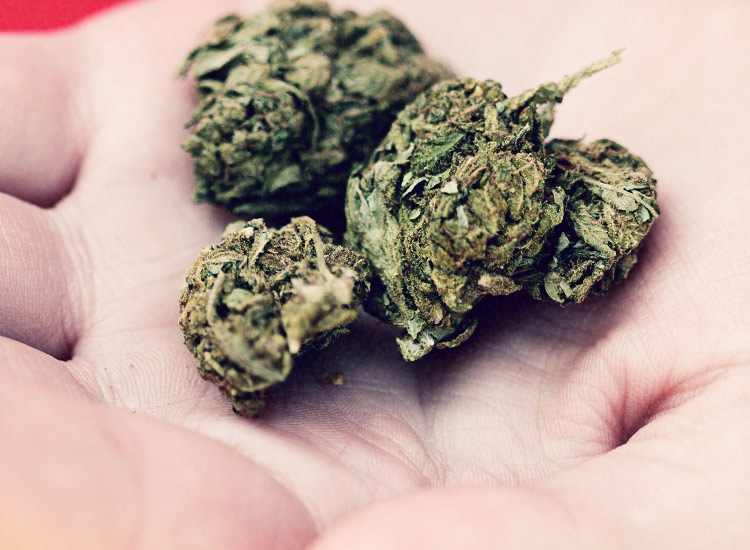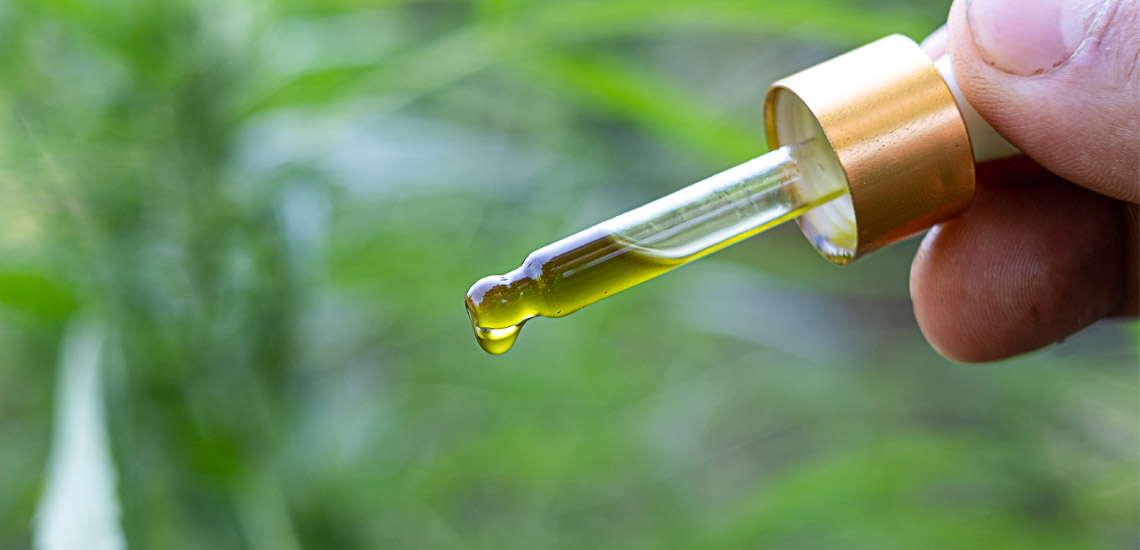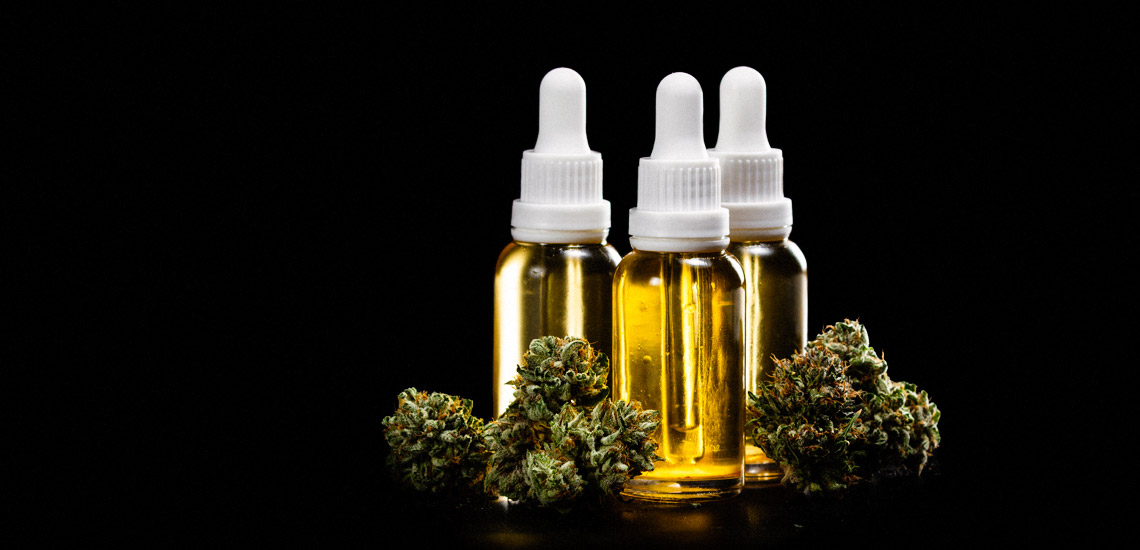Medical cannabis as part of post-trauma treatment
Phenomenal Stress Disorder (PTSD) is a severe type of anxiety disorder that affects close to 10% of the population. In recent years, as part of the rise in awareness of the phenomenon, changes and developments in treatment have also occurred, with medical cannabis being used as a tool to relieve symptoms.
Whether it is soldiers who have been traumatized in their military service, civilians who witnessed terrorist incidents, or victims of sexual assaults, the factors may be different, but the phenomena are similar. In recent years, as part of the rise in awareness of the phenomenon, changes and developments in treatment have also occurred, with medical cannabis being a very effective tool in relieving symptoms
The typical symptoms are:
- Unending memories, recurring thoughts, nightmares, and flashbacks.
- Avoiding stimuli that may be reminiscent of trauma – This leads to significant problems in daily functioning.
- Changes in appetite, over-arousal, and severe sleep disorders.
So how does cannabis affect the body and how can it help people suffering from trauma?
The two most recognized ingredients in cannabis are THC and CBD.
THC – known mainly for its psychoactive effects – influences the mental processes, including learning and memory, feeling distant and “hi”. In addition, it has a broad physiological effect that includes, among other things, pain relief. Also appetite encouragement, nausea relief, and sleep quality improvement.
CBD – is a substance with sedative properties: reducing anxiety, reducing epileptic seizures, anti-inflammatory activity, and relieving pain combined with THC. Or reducing CBD’s psychoactive effects.
A few general words – the endocannabinoid system, to which the active substances in cannabis are linked. Constitute a system of regulation and control in a wide range of physiological processes. Activation of the endocannabinoid system can increase processes that are deficient or reduce processes that are overstimulated.
Returning to post-trauma. Receptors in the endocannabinoid system are found throughout the pathway responsible for the response to stress and stress events. Ranging from the brain to the adrenal gland, and affect the secretion of “stress hormone” – Cortisol. The Cortisol is responsible for preparing our bodies to cope with stress. The active substances in cannabis bind to receptors in the pathway and regulate its activity. Thus helping to significantly reduce post-traumatic symptoms.
Cannabis allows many patients to live with the phenomenon. One of the most significant challenges for post-traumatic stress sufferers is maintaining a healthy lifestyle for them and their immediate environment – which often suffers from their condition.

The studies prove – Cannabis is effective in preventing post-traumatic symptoms
Many animal and human studies have demonstrated the effectiveness of cannabis active substances in preventing the effect of stress on emotional functioning and memory processes, improving memory extinction processes, and reducing anxiety and depressive behavior in a variety of situations. In addition, cannabinoids given immediately after a traumatic event prevented the development of PTSD symptoms.
Studies in people with PTSD have also demonstrated improvement in post-traumatic symptoms and coping with trauma following cannabis treatment. Among other things, improved sleep quality and decreased the number of nightmares. It should be noted that despite the therapeutic potential of cannabis in PTSD, there are significant differences arising from the composition of the active substances and the varying characteristics and symptoms of the study subjects.
how CBD works on our bodies
To understand how cannabis helps to cope with post-traumatic phenomena, it is necessary to understand how it works on our bodies. Cannabis has more than 400 active ingredients (just for illustration – the prescription drugs usually have one active ingredient), so beyond the THC and CBD concentrations, the therapeutic effect depends on the interaction between all active substances. This mutual influence is known in the cannabis field as the Entourage Effect.
Studies in animals and humans have demonstrated the efficacy of specific terpenoids for relieving anxiety and depression symptoms, with specific terpenoids consumed to be effective in reducing anxiety behavior in several anxiety models, and in lowering the anxiety level, which has also been associated with reducing the use of antidepressants.
The importance of the entourage effect lies in the right combination of cannabinoids and terpenoids so that a complete cure is created, the cure that can significantly reduce the symptoms that make life difficult for post-traumatic sufferers.



